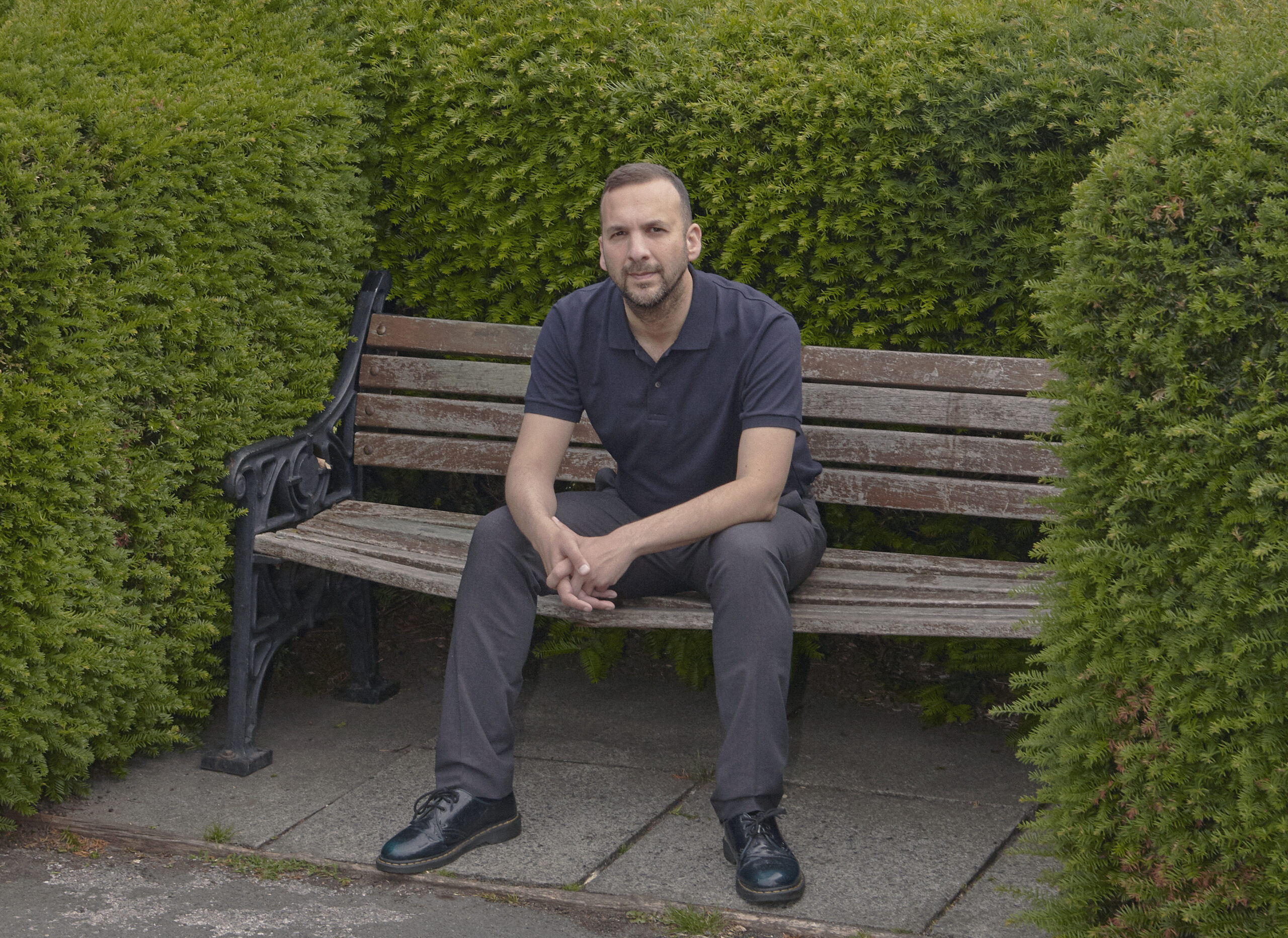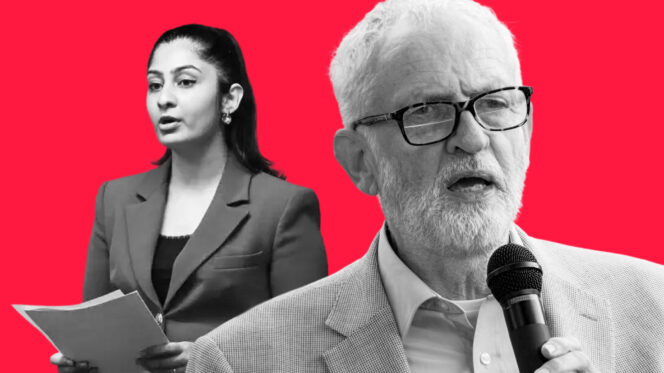Zack Polanski’s Win Is the Kick up the Arse the Left Needs
It’s go time.
by James Meadway
3 September 2025

Zack Polanski has won an extraordinary and well-deserved victory. 84.6% of Green party members voted for Polanski and his platform of “eco-populism”, with a record turnout for an internal Green party election. Rachel Millward and Mothin Ali being elected as his deputies underline the change in the party.
There are three points to take from the election results.
First, the scale of Polanski’s victory confirms without a doubt what has been apparent for years: that the Greens are a leftwing, eco-populist party. Of the five main political parties, the Greens consistently win the votes of those who are poorer, younger, more insecure at work and likelier to rent. This is their base, and the people from whom the Green party should be looking to win those 39 seats where it came second to Labour in last year’s general election. A Green party with a clear sense of its base and resulting strategy can win even more.
Second, the Greens are now the political leadership of the left in England. This is not an idle boast. It comes with a grave and terrible responsibility. The lack of a national leftwing challenger to Keir Starmer’s government has created a vacuum that Reform – with its new pledges of renationalisation and ending austerity – has opportunistically moved to fill. We are staring into the abyss of a Reform-led government today largely as a result of 12 months of our collective failures – it is best to be honest about this.
That leftwing listlessness has to end. However, the move for a new left party has become bogged down in internal disputes ahead of its launch, and it will be politically out of action until then. The Labour left is running scared of its own party leadership, missing opportunity after opportunity – and credit to Zarah Sultana for breaking ranks and seizing the moment. When the new left party is ready, a red-green alliance will be fundamental. But the new left party is not there yet.
And so, the burden of national leftwing leadership falls to the Greens for now. This is a novel position for the party, but one to which it must quickly adapt. We have only four years now to break Reform’s momentum. Polanski must take the initiative, and quickly: taking a leaf out of Farage’s book, he should make the maximum possible use of his outsider status from parliament, and get out across the country in towns and cities where the Greens will want to build. Elections aren’t won in TV studios, important as the national media is. The Greens should be recruiting members and supporters everywhere. As it does, it must continue, as Polanski did during his election campaign, to set the pace with bold policy initiatives and a firm defence of basic humanity against the far right.
The third thing we’ve learned from this election is that our new circumstances call for new politics. The world is in a state of turmoil, visible in everything from Trump’s tariffs to the hard impacts of the climate and nature crisis in our daily lives. Houses that can’t get insurance, food prices that march mercilessly upwards – all whilst agribusinesses like Cargills pay record dividends. The cost of living crisis is, increasingly, the cost of adapting to a climate-shocked world.
What Polanski calls “eco-populism” is exactly the new politics this moment demands: price controls on essentials; wealth taxes to pay for flood defences. Some in the Greens – and not even exclusively those on its left wing – are already thinking along these lines, such as Caroline Lucas and Rupert Read, who are calling for new policies focused on adapting to a warming world. A broad consensus can be formed here.
What eco-populism should not mean is a green lick of paint applied to old, social democratic politics. The last gasp of social democracy in Britain was Corbyn’s 2019 campaign – that moment is now long gone and will never return. Instead of carefully swerving some direct challenges to powerful institutions, we need to present a critique and challenge to, say, the Bank of England, and the £30bn a year it extracts in tribute from our taxes. Corbyn as Labour leader never confronted the Bank of England; today, only Reform’s Richard Tice seems prepared to take it on. Allowing him to make the running on the root-and-branch reforms we need in our dangerous new world is, obviously, a political mistake.
Eco-populism also cannot mean manifestos that read like wish-lists – we need clear, focused demands of the kind Reform specialises in. It can’t mean, either, an environmental politics that tells victims of wildfires that we should have built more windfarms, as Corbyn implies here. What use, right now, is a new windfarm for someone whose house has burned down or flooded? Or who, on a more mundane level, is finding the weekly shop increasingly costly? No, eco-populism means coming up with responses to Reform when it proposes its own climate policies, such as cutting funding for electric buses to spend more on flood defences, a smart political move intended to divide its opponents. Above all, eco-populism means responding with a politics that addresses the immediate terms of the crisis: the soaring cost of living (price controls); the failures of basic systems of provision (rebuild our food systems); the inequality that climate change mixed with capitalism worsens (wealth taxes). And it means manifestos that are less like wishlists of nice things, and more like laser-targeted priorities for a country in a worsening crisis – of the kind that can play Reform at their own game – and win.
The situation is serious and worsening. There is no room for complacency. Polanski’s win is an opportunity to claw back the initiatives that have been lost and regain ground that has been taken by Reform. We have four years, at most.
James Meadway is an economist.


